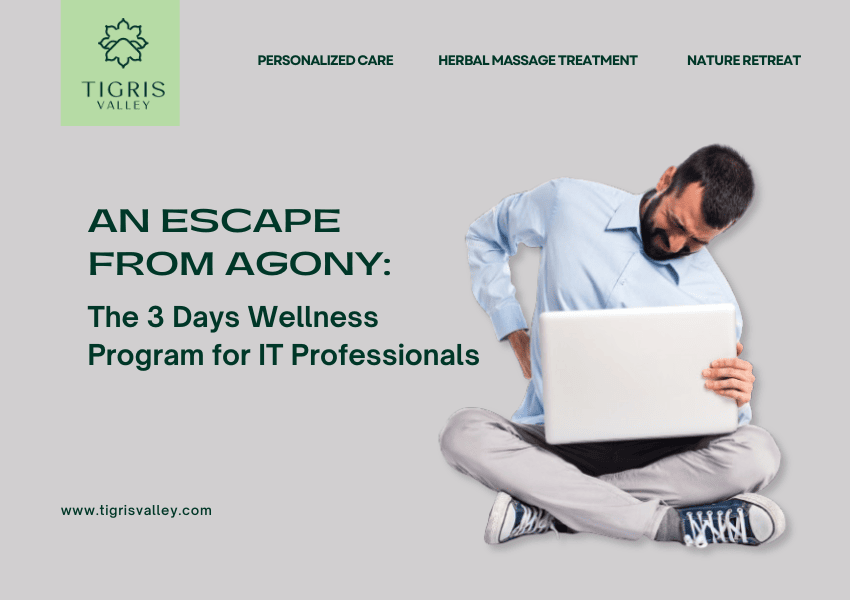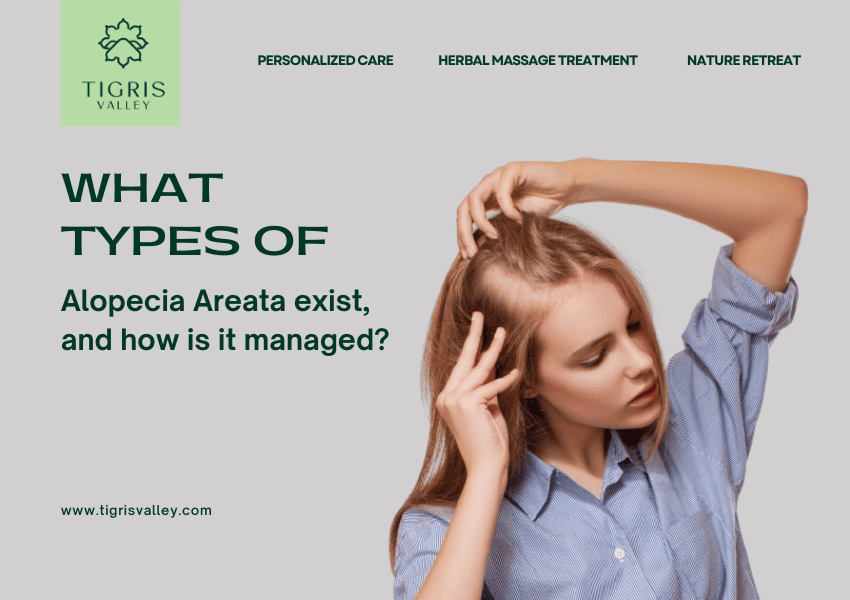
Understanding Anxiety Disorders: Causes, Symptoms, and Treatment
Understanding Anxiety Disorders: Causes, Symptoms, and Treatment Anxiety is a normal and often healthy emotion that everyone experiences at some point. It is our body’s natural response to stress or…













